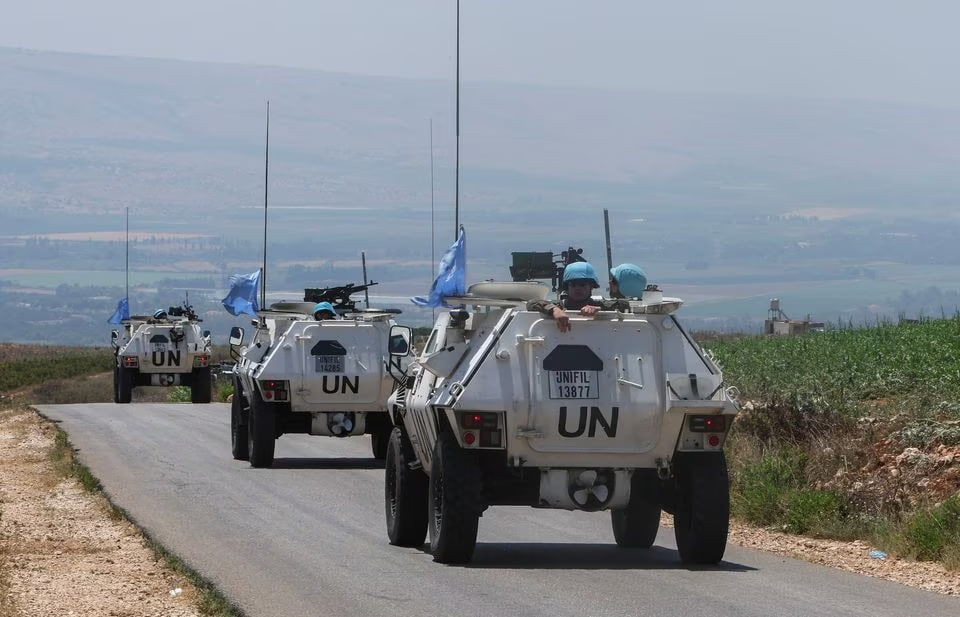Two rockets were launched from southern Lebanon toward Israel on Thursday, resulting in retaliatory strikes by the Israeli military. The incident occurred amidst increased tensions following Israel's recent major military operation in the occupied West Bank, Reuters reports.

Lebanese security sources confirmed the rocket firings, with one rocket landing in Lebanese territory and the other near a disputed border area. Initially, the Israeli military stated no unusual incidents had been observed, but later confirmed an anti-tank missile had exploded on their side of the border without causing any damage. In response, the Israeli Defence Forces (IDF) launched strikes on the area from which the rockets were fired into Lebanese territory.
Witnesses reported seeing plumes of smoke rising from southern Lebanon, and artillery fire was reportedly directed towards Wazzani village from Israel. Lebanon's National News Agency reported that around 15 shells fired from Israel landed in Lebanon. No group has claimed responsibility for the initial rocket fire from Lebanon. Lebanese Prime Minister Najib Mikati said he was monitoring the situation closely with the army commander. The second rocket reportedly landed near the disputed village of Ghajar, which lies on the Israel-Lebanon border.
Hezbollah, the influential Lebanese group backed by Iran, expressed support for the Palestinian cause during Israel's military operation in Jenin but did not comment on the rocket fire reports. Hezbollah did, however, condemn what it described as "dangerous measures" taken by Israeli forces in the northern part of Ghajar. Israel's military has not responded to Hezbollah's accusation of erecting a wire fence and building a cement wall in the area. The United Nations peacekeeping force in southern Lebanon called for restraint and de-escalation, highlighting the recent tensions in the region.
Israel has previously attributed rocket attacks from Lebanon to the Palestinian group Hamas, resulting in Israeli strikes on Lebanese sites. The situation remains tense as both sides monitor developments closely.
Comments (0)